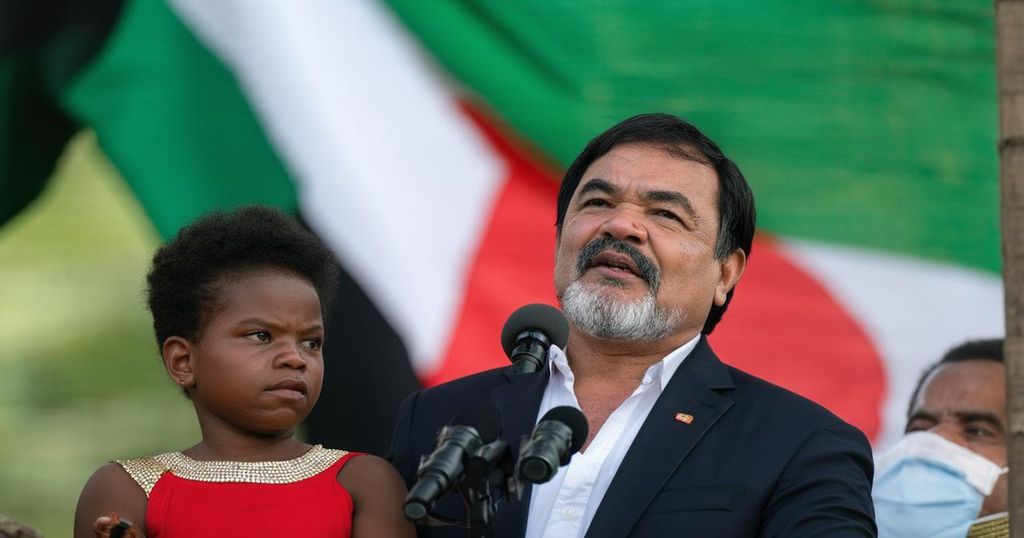Chapo Declared Winner in Mozambique’s Controversial Presidential Election

Daniel Chapo of the Frelimo party was declared the winner of Mozambique’s presidential election, despite allegations of fraud and violence. His victory, securing 71 percent of the votes, occurs amidst a backdrop of instability due to an ongoing insurgency and socio-economic divide in the country. Protests erupted in Maputo, claiming election rigging, resulting in clashes with police. Frelimo has denied fraud allegations and maintained that the election results reflect the people’s will.
Mozambique’s presidential elections took a contentious turn as Daniel Chapo, the candidate from the longstanding ruling party Frelimo, emerged as the winner. His victory was announced amid widespread unrest and allegations of electoral fraud that marred the electoral process. Chapo secured approximately 71 percent of the votes cast in the elections held on October 9, succeeding Filipe Nyusi, who had reached the end of his permissible two-term limit. The announcement of Chapo’s victory came during a time of significant turmoil in Mozambique, a nation grappling with an ongoing insurgency in Cabo Delgado, which has exacerbated social and economic divides resulting from its wealth in natural resources juxtaposed against high levels of poverty and unemployment. Recent protests erupted in the capital city, Maputo, where police were accused of employing tear gas and live ammunition against demonstrators who claimed that the elections had been rigged. Promotional killings of two supporters of Chapo’s main competitor further intensified public outcry against the governing party. In response to these serious allegations, Frelimo has maintained that it conducted a fair election and distanced itself from any connection to the violence. Party spokeswoman Ludmila Maguni stated, “Frelimo is confident that the results reflect the will of the people.” This election process poses one of the most critical challenges to Frelimo’s authority since the party led Mozambique to independence in 1975 and subsequently navigated through a civil conflict. As the nation stands in a state of polarized discontent, the implications of this electoral outcome are profound for both governance and democracy in Mozambique.
Mozambique has been under the governance of the Frelimo party since its independence from Portugal in 1975, during which it has faced various challenges, including a civil war and now a violent insurgency in the Cabo Delgado province. The recent elections were staged against a backdrop of societal unrest, driven by economic disparities amid resource wealth and high unemployment. The political landscape is further complicated by the allegations of electoral fraud and violence surrounding the election, calling into question the integrity of democratic processes in the country.
Daniel Chapo’s declared victory in the disputed presidential election highlights significant underlying tensions within Mozambique, characterized by economic disparity and political unrest. The electoral process, marred by accusations of fraud and violence, poses serious questions about the integrity of Mozambique’s democracy moving forward. Frelimo’s governance is under scrutiny as it faces one of its most substantial challenges since independence, raising concerns about future stability in the region.
Original Source: www.nytimes.com








